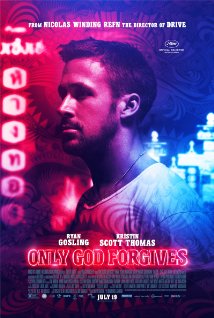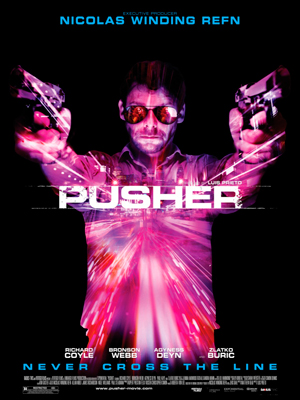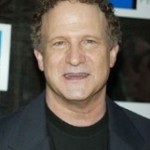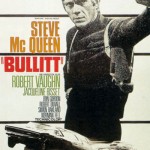 “Only God Forgives,” starring Ryan Gosling and Kristin Scott Thomas, opened on Friday to mixed (mostly negative) reviews. This art house/crime thriller film, written and directed by Nicolas Winding Refn, was nominated for the Palme d’Or at this year’s Cannes Film Festival.
“Only God Forgives,” starring Ryan Gosling and Kristin Scott Thomas, opened on Friday to mixed (mostly negative) reviews. This art house/crime thriller film, written and directed by Nicolas Winding Refn, was nominated for the Palme d’Or at this year’s Cannes Film Festival.
In 2011, Refn, Gosling and Carey Mulligan teamed up for the eloquent and extremely violent “Drive.” You can read Stephanie Zacharek’s review of “Only God Forgives” here.
And on the small screen: The success of political-intrigue TV dramas such as “Scandal,” “House of Cards” and “Homeland” means the Beltway has displaced Manhattan and Los Angeles as the capital of noir, says James Wolcott in next month’s Vanity Fair. You can read the full story here.













From FNB readers